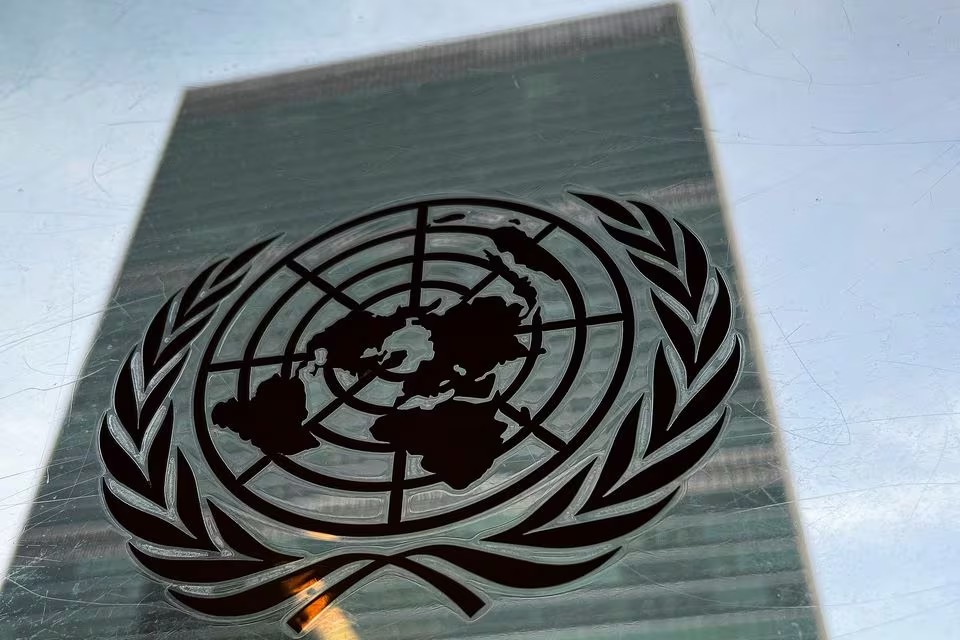A Russian-drafted United Nations Security Council resolution that called on all countries to prevent “for all time” the placement, threat, or use of any weapons in outer space failed on Monday with the 15-member body split over the move. The draft, which aimed to address the militarization of space, did not receive the necessary minimum of nine votes. Seven members voted in favor, seven against, and one abstained. Notably, a veto can only be cast by the United States, Russia, China, Britain, or France if a draft receives at least nine votes.

Background on the Space Arms Race
Russia introduced the resolution after vetoing a U.S.-drafted resolution last month that called on countries to prevent an arms race in outer space. This veto led the United States to question Russia’s motives, suggesting that Moscow might be concealing activities related to space weaponry. Deputy U.S. Ambassador Robert Wood expressed concerns that Russia was attempting to divert attention from its development of a new satellite equipped with a nuclear device.
“We are here today because Russia seeks to distract global attention from its development of a new satellite carrying a nuclear device,” Wood told the Security Council before the vote. He further accused Russia of launching a satellite into low Earth orbit that the U.S. believes to be a counterspace weapon capable of targeting other satellites in the same orbit.
Accusations and Denials
Wood highlighted that the launch of this satellite on May 16 followed previous Russian launches of similar counterspace systems in 2019 and 2022. These actions, according to Wood, indicate a pattern of behavior aimed at developing capabilities to disrupt or destroy satellites.
In response, Russia’s U.N. Ambassador Vassily Nebenzia dismissed the U.S. accusations, claiming a lack of understanding of the allegations. Nebenzia emphasized that the 1967 Outer Space Treaty already prohibits the placement of nuclear weapons and other weapons of mass destruction in orbit around Earth. He asserted that Russia’s draft resolution was designed to cover both weapons of mass destruction and other forms of weaponry to prevent an arms race in outer space.
The 1967 Outer Space Treaty
The 1967 Outer Space Treaty, to which both Russia and the United States are signatories, bars the placement of nuclear weapons or any other kinds of weapons of mass destruction in space. The treaty represents a significant effort to ensure that space remains a domain free of conflict and weaponization. However, advancements in technology and strategic interests have led to growing concerns about the potential militarization of space.
Washington has accused Moscow of developing an anti-satellite nuclear weapon to be deployed in space, an allegation that Russia has consistently denied. Russian President Vladimir Putin has publicly stated that Moscow opposes the placement of nuclear weapons in space, reinforcing Russia’s official stance against the weaponization of space.
Also Read : India’s Air Force Eyes the Stars: The Evolution Towards the Indian Air and Space Force
The Failed Resolution and Its Implications
Nebenzia argued that the Russian draft resolution aimed to prevent an arms race in space by addressing all forms of weaponry, not just weapons of mass destruction. However, the draft contained language reminiscent of a 2008 proposal by Moscow and Beijing for a treaty banning all weapons in outer space and prohibiting threats or use of force against space objects. This earlier diplomatic effort did not gain international support, highlighting the challenges of achieving consensus on space security issues.
Wood criticized the draft resolution’s call for “a lengthy binding mechanism that cannot be verified,” suggesting that it lacked practical enforceability. The disagreement over verification mechanisms and the underlying mistrust between the major space-faring nations reflect the broader geopolitical tensions influencing space policy.
Conclusion
The failure of the Russian-drafted UN resolution underscores the complex and contentious nature of space security. As technological advancements continue to enable new capabilities in space, the risk of an arms race increases. The international community faces the challenge of finding common ground to ensure that space remains a domain dedicated to peaceful exploration and use.
The recent developments highlight the urgent need for renewed diplomatic efforts and innovative approaches to address the growing concerns about the militarization of space. With the current geopolitical landscape, achieving consensus on space security will require significant trust-building and cooperation among the world’s leading space powers.

